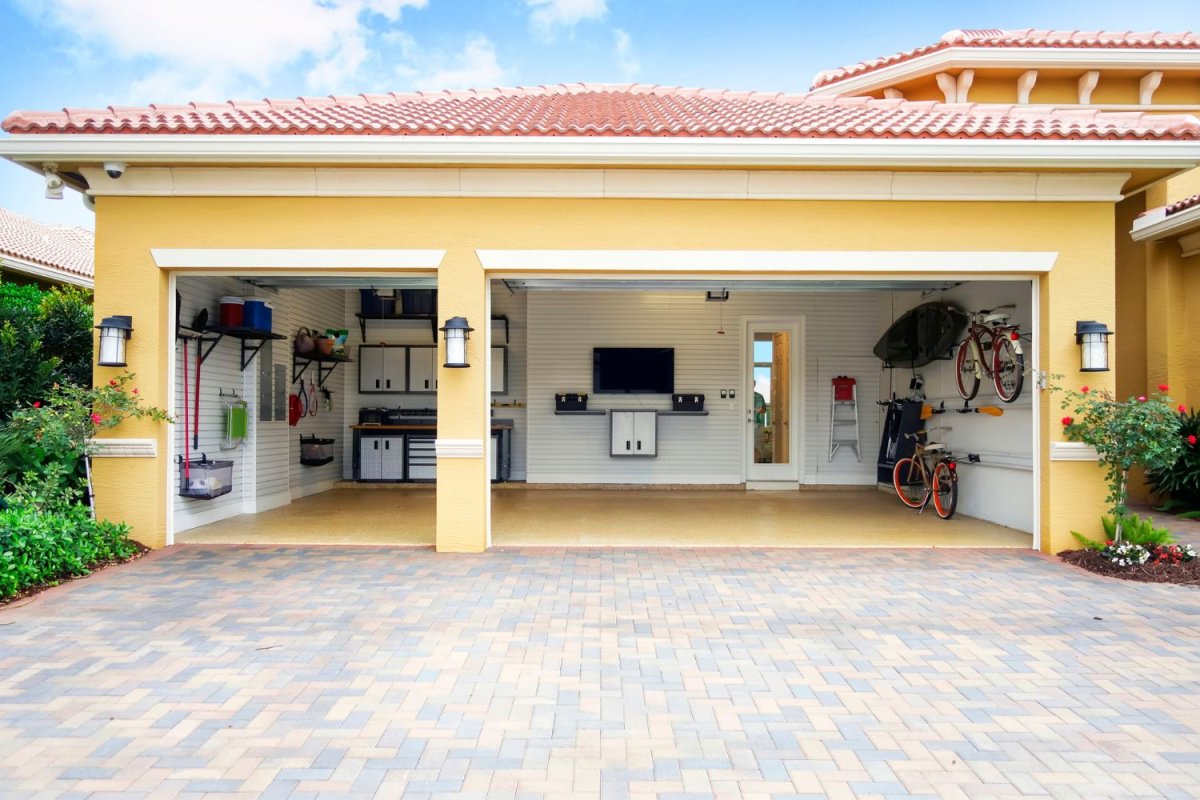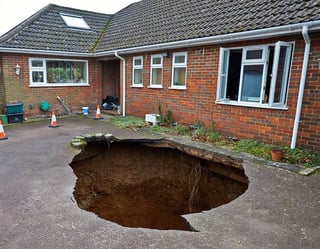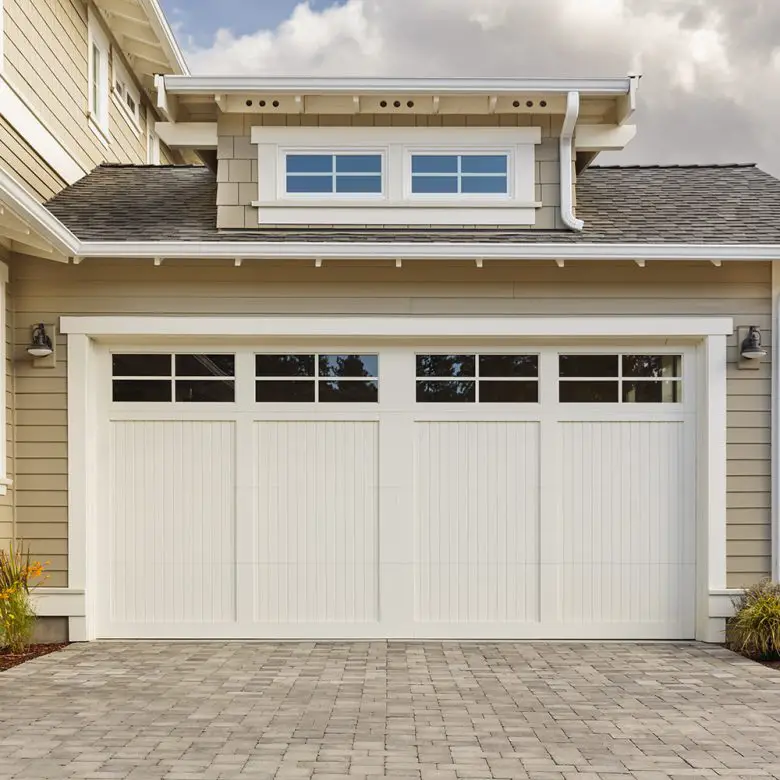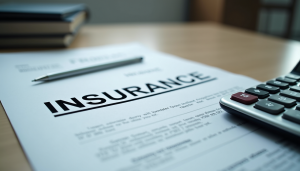You are not the only person who has ever asked the same question. Like many insurance-related questions, the answer is: it depends. Let us dissect it in a straightforward, useful, and surprisingly kind manner.
What Is Usually Covered by Homeowners Insurance?
The purpose of your homeowners insurance coverage is to protect you against expensive damage, such as fire, theft, and unforeseen accidents like burst pipes or fallen trees. The majority of basic policies consist of:
Coverage for dwellings (your actual home)
Coverage of personal property (items within)
liability protection (in the event that someone is hurt on your land)
Loss of usage (should you be unable to occupy your house while repairs are being made)
However, what role does your garage play in all of this?

Detached vs. Attached Garages: Significant Distinction, Significant Effect Garages that are attached
The good news is that your garage is usually covered by your dwelling policy if it is physically attached to your home. In other words, the garage construction is protected in the same way as your house.
Separate Garages
Your garage is covered under “other structures” if it is merely a few feet away from your house. Detached structures like garages, sheds, and fences are typically covered up to 10% of your total home coverage under most policies.
Therefore, your garage may be protected for up to $40,000 if your home is insured for $400,000. Is that sufficient? Depending on what is within and its value.
What Does the Garage Actually Cover?

The majority of homeowners insurance policies cover harm brought on by:
Trees that have fallen
Fire
Vandalism
Hail or wind
Theft
However, do not think that everything in your garage is automatically completely safe. Things become more complex at this point.
Coverage of Contents: What About the Content?
Your personal property insurance may cover that assortment of power equipment, sporting goods, or your side-business merchandise, but only to a limited extent. To guarantee complete protection, you might need to add a rider or endorsement to your policy if you keep expensive things in your garage, including as e-bikes, golf equipment, or antique auto components.
Things Not Covered by Homeowners Insurance

Not all accidents will be covered. This is what the majority of regular plans will not cover:
You will require separate flood insurance for flood damage.
Earthquakes: A unique policy is needed.
Wear and tear: Typically, neglected mold, rusted hinges, and aged roofs are not covered.
Business use: Your typical homeowners policy will not cover business-related losses if you operate a business out of your garage, such as a carpentry shop or a home gym for customers.
Is Security Beneficial?
Yes. Installing motion-detecting lights, strengthened locks, or security systems can reduce your premiums in addition to preventing break-ins. Risk reduction is highly valued by insurers, and many provide discounts for preventative safety measures.
The Unstated Expense of Making a Claim

This is when things become complicated. It might not be worthwhile to file a claim if the damage to your garage is modest, such as being under or close to your deductible. Future premium increases may result from claims, particularly if you have made multiple claims in the last few years.
Consider this:
Is the damage significantly greater than my deductible?
Will my rates be impacted in the long run by this claim?
Can I afford to cover the cost of repairs myself?
Why Annual Policy Checkups Are Important

Things change quickly in life. The worth of the items we keep in our garages and houses also increases. Every year, review your insurance coverage, particularly if:
You have added on or remodeled
You have acquired new tools or memorabilia.
You have converted your garage into a studio, gym, or home office.
This guarantees that you will not have insufficient insurance in the event of an emergency.
Lastly, before the tree falls, read the fine print.
Your garage should be properly protected, regardless of whether it is a well-organized tool storage space or a disorganized temple to your do-it-yourself endeavors. Garages are frequently covered by standard homes insurance, though this varies depending on the kind, what is kept there, and how it is utilized.
Because you want peace of mind, not paperwork panic, when life sends a frozen tree branch through your garage roof.



